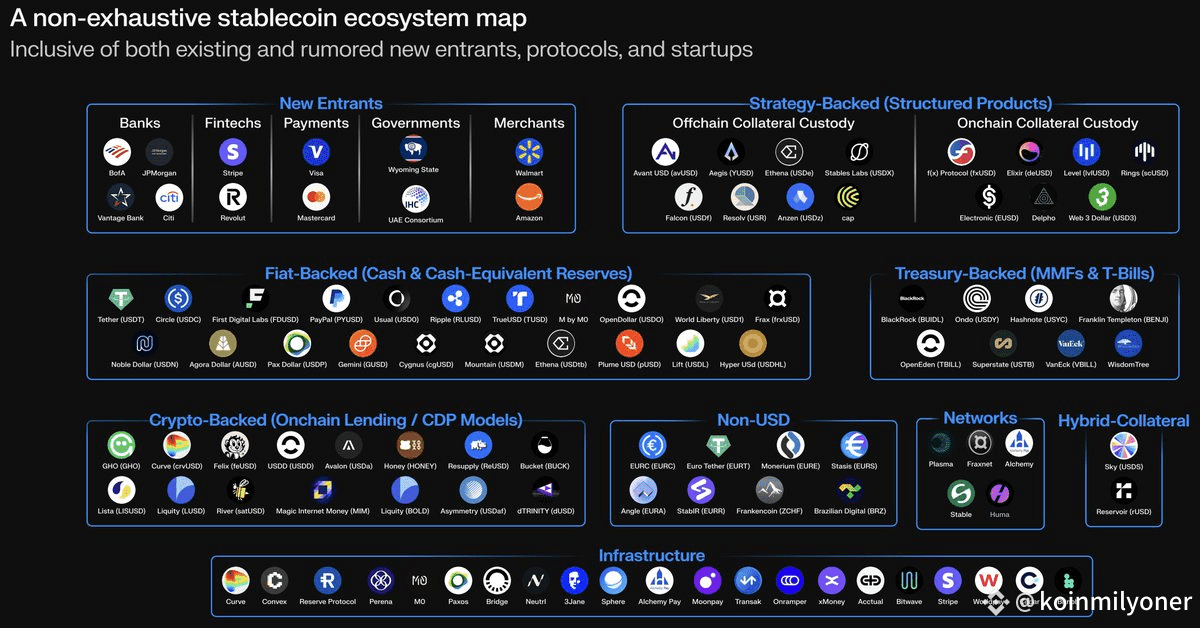In a DeFi market full with loans with too much collateral and yield strategies that don't work, Huma Finance stands out with a brand-new approach that is based on real life. 🌍💡 Huma is the first protocol to set up a PayFi (Payments + Finance) network. It achieves this by building a credit system that is ready for the future of lending that is based on income and doesn't need collateral.
Let's speak about why some call this protocol the backbone of decentralized finance in the real world.

What is the meaning of Huma Finance?
Huma Finance (HUMA) is a decentralized network that connects loans and payments into one PayFi network. What is its major purpose? To aid real-world credit, not with hazardous collateral but with income streams that are already proved, such wages, invoices, remittances, and other receivables.
When people borrow money using DeFi, they have to put up assets like ETH or stablecoins. Huma, on the other hand, enables individuals borrow money according on how much they think they will create in the future. This makes it simpler for everyone to receive money, makes it easier to grow, and makes capital work better.
🧾 New Ideas That Matter
1️⃣ Lending based on income instead of assets
Huma flips the lending model on its head. The protocol doesn't require users to lock up crypto as collateral. Instead, it looks at projected cash flows by looking at things like: • Paychecks 🧾 • Money generated in the gig economy 💼 • Money owing on invoices 📩 • Money moved across borders 🌍
This allows people get money today and not have to worry about it in the future.
2. The Time-Value-of-Money (TVM) Framework
It's dangerous to borrow against the future, but only if you know how to do it. That's where Huma's Time-Value-of-Money (TVM) engine comes in.
It calculates out the current value based on: • Expected income • How frequently payments are made • The risk profile of the borrower • How trustworthy the borrower is
Huma makes sure that both liquidity and risk are priced correctly by setting credit limits based on smart contracts.
3. Smart contracts for credit in the real world
In conventional finance, banks and other intermediaries are employed to verify and manage credit. Huma gets rid of the intermediaries by placing repayment, default resolution, and income verification right into smart contracts.
This means: • Almost instant loan approvals ⚡ • Payments that happen automatically based on cash flow 🔁 • Less risk for the other party due of transparency 🔍

💸 Access to cash: 70–90% of future income
The liquidity engine is one of the most interesting parts of Huma Finance. Borrowers may collect 70% to 90% of their expected revenues immediately now, and they can spend the stablecoins straight soon. • With repayment arrangements that might alter based on when money comes in
DeFi has never had this level of real-world liquidity before. You may get an advance on your freelance job without having to sell any of your bitcoin.
🔒 Safety and Openness
Huma operates on Ethereum-compatible networks that include smart contracts that have been reviewed, KYC-optional integrations, and easy-to-follow on-chain data tracking.
Huma's APIs may be used by protocols and dApps to provide users credit without putting a central server at danger.
Use Cases Are Growing Very Fast • Remittance-Based Lending: You can borrow money from people in other countries. • Freelancer & Creator Advances: You can be paid ahead of time for work that is still going on. With SME Invoice Financing, you may get cash for outstanding bills. With Employer-Based Credit, you may borrow money based on your work contracts.
Huma is expected to become the Stripe + Affirm of Web3 as more people utilize it.
The $HUMA Token
The native $$HUMA urrency will be utilized for: • Protocol governance 🗳️ • Staking mechanisms for credit underwriting • Rewards for lenders and borrowers who join early • Access to premium credit score tools
🌱 Last Thoughts: Real Money, Finally on the Blockchain
Huma Finance is more than just another DeFi protocol; it's connecting blockchain to actual money. When Web3 and traditional finance come together in the future, unsecured, income-based lending will be the main way to make money.
Huma is giving Web3 users more than just tokens. Its PayFi system and main objective are to help individuals become financially free.




